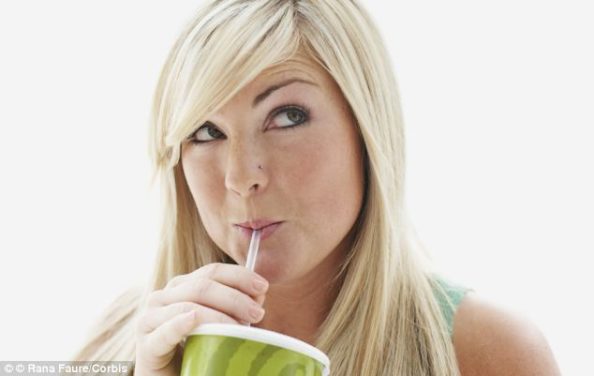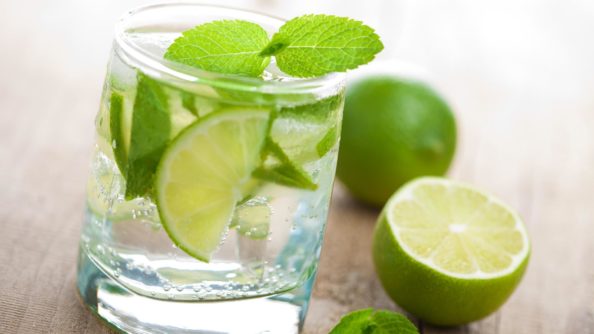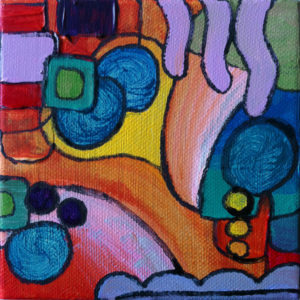(512) 416-7700 | CONTACT US | MAP
As a chiropractor, I often take on the role of educator to help clients achieve health and wellness goals. This may be recommending types of stretching or exercise; foods to either eat or avoid; and explaining general principles of health. It is easier to shift your perspective on health than it is to hold your hand through every health decision. I want you to see the world and your body in a new light, so you can make informed decisions on your own. This helps you take ownership of your health and drive it, rather than passively wait for someone else to make you well.
I use a simple analogy that was coined by author Lawrence Leshan of “The Mechanic and The Gardener”. The analogy contrasts the two major philosophies in healthcare–the mechanistic and vitalistic. The mechanistic philosophy of health holds that we are no more than the sum of our parts. That the body is inherently weak and that if something quits working (such as an organ or joint), we can just replace it and keep on living. The vitalistic philosophy suggests that we are more than the sum of our parts. That every aspect of our being works synergistically to produce a thriving and vibrant life.
A mechanic inspects your vehicle, determines what parts are broken and worn down, and then removes and replaces them with new parts. If your brakes are bad, you replace them with new ones. Same for fluids and tires. Traditional medicine takes a similar approach to the human body. Believing that it will eventually break down and fail, MDs look to drugs and surgery to replace failing organs, joints, and biochemical pathways.
A gardener takes a different approach. When a plant or flower is wilting and failing to grow, the gardener makes changes to the environment the plant is in; cultivating its well-being rather than attempting to replace a leaf or a stem. By increasing or decreasing the amount of water and sunlight, and replenishing the soil content, the plant can thrive on its own.
The question I ask is whether you believe the human body is more like a car or more like a plant? As trivial as this may seem, it is fundamental to how you make health related decisions. A mechanistic view of the body keeps you looking to drugs and surgery as the answer to pain and dysfunction. The mechanistic model also reinforces the mentality of dependence and looking externally for health, rather than looking within.
However, a vitalistic viewpoint will encourage you to find the root cause of your health issue. You will take the time to cultivate an environment (internal and external) for your health and wellness. This understanding empowers you to look within for healing and take ownership of your health.
If you feel that empowering yourself with your own state of health blames you for your present condition, don’t. You are missing the point. Your body will naturally respond to the stresses you encounter in your life. You will adapt to these stressors for your ultimate advantage of survival and balance within your environment. These adaptations are wonderful, though over time take their toll. Previously overwhelming experiences create holding patterns in the body, and a need for compensation in the musculoskeletal system, which leads to pain and dysfunction. Working with a doctor or therapist to re-engage proper function, and shifting health habits to support a more regenerative state of being will allow you to let your healing potential shine.
Looking within as you answer these important questions every day – does this food/drink/person/state of mind/emotion/environment serve you, or does it bring you more stress that your body needs to adapt to? It empowers you to make choices that support your ability to heal and thrive.
What is your view on this analogy as it relates to your personal health challenges? I’d love to hear your thoughts!
Dr. Jeff
Your South Austin Chiropractor
Is diet soda better than regular soda?
 We have a serious addiction to soda in the United States, and everything we see encourages it. It is all over the media, in our stores, and in our restaurants.
We have a serious addiction to soda in the United States, and everything we see encourages it. It is all over the media, in our stores, and in our restaurants.
So many of my health conscious clients seek to reduce or get rid of soda in their lives. Often times they turn to diet soda, or diet drinks thinking this is just as good as water because there is no sugar. Unfortunately, the jury is out for diet drinks, and the survey says your chance of stroke and dementia is 2x higher if you drink between 1-6 diet drinks a week (according to the journal Stroke). There was no correlation for increased stroke or dementia for people who drank regular soda.
Regular soda, however, is the main source of excess sugar in the American diet. It leads to a greater risk in cardiovascular disease. The more sugar, the more risk. Check out the facts in a study by the American Heart Association Council on Epidemiology and Prevention in 2013, and as published in JAMA in April 2014.
So diet or regular? Maybe neither.
Not that I want to take away your daily treats, or coping mechanisms. Though maybe we can find some replacements that will actually make us feel better. Replacements that nurture us.
I see the soda/diet soda drive coming from a couple places: 1) habit and brand alliance, 2) a small time out from the normal routine, 3) a pick me up when we are feeling a little low.
 1) is easy: try a naturally flavored sparkling water – find a new brand and a new friend. Maybe an herbal unsweetened tea, or hot water with lemon and a touch of honey.
1) is easy: try a naturally flavored sparkling water – find a new brand and a new friend. Maybe an herbal unsweetened tea, or hot water with lemon and a touch of honey.
2) is also easy: find a different break. Try a breathing exercise, a micro workout/stretch, walking outside, walking up and down the stairs, opening a window, taking a power nap or power meditation, hey – eat an apple.
3) is harder and takes a little more consciousness. If we are feeling low, it could mean that we have been ignoring our body while we are paying attention to the task at hand. Are you giving yourself the basics for life: good sleep, lots of water, food every 3 hours. A little protein, fat, or fiber to maintain blood sugar goes a long way. Maybe you are just working too hard. Are you able to breathe, rest, move around to renew yourself? Do you let yourself make choices that serve you, or do your choices serve others at your expense?
Though I can make a case for why not to eat almost anything, sugar and diet drinks are a clear risk for the biggest lifestyle diseases we have in America. What can you change in your daily habits to support a different option? It’s what you do 5 times a week that makes a difference. Regardless of what else you do, getting rid of a daily soda/diet drink habit will go a long way for your sustainable health.
Dr. Lisa Hastings
Systems Chiropractic
MultiSensory Functional Integration
Your Austin chiropractor for quality of life
So much going on in the world and in so many people’s lives right now. Sometimes it is all too much, and sometimes it is hard to see the way through. Overwhelmed, opportunity for self compassion. Moments like these are not usually fun, and we don’t choose these paths on any given day. Though these moments can shift our direction, give us opportunities to let go of things that are simply too hard to hold on to, and open perspectives that are too subtle to see at other times in our lives.
Being overwhelmed is a gift. A gift that demands our attention while we negotiate a ride we have no control over. A gift that takes all our energy and gives us the opportunity for true kindness. Not to others necessarily, but to ourselves.
In these times do we listen to our needs each moment and support ourselves without judgment? Do we witness ourselves being less than optimally capable of thought, of tolerance, of patience, of physical stamina and prowess? How do we support ourselves when we are not the shining star we want to be?
Times of overwhelm provide a true opportunity to give ourselves the love we need regardless of our performance or the outcome in the world around us. A time to re look at the commitments we make to ourselves. Deep down – do we give ourselves the love we give to babies? Do we withhold love until we achieve or earn it? Do we continually judge ourselves to make sure we don’t take a misstep? If we take a misstep, what does that do in the world, really? If we judge and withhold love from ourselves when we take a misstep, what does that do in ourselves and in the world, really?
Kindness to our neighbor, friend or stranger is a seed of love in the world. Kindness to our inner selves – giving comfort, reprieve, unconditional love and understanding, builds and grows our well of love that feeds us and gushes continually out to the world around us. A misstep may cause issue in your world and will give the receiver an opportunity to actively choose graciousness and compassion. Withholding love from ourselves, because of a misstep or a feeling that we do not deserve it yet, breeds internal conflict which dries up our well and requires us to search for love externally.
 We can never collect enough seeds of kindness from others to sustain us (we can never give enough seeds to sustain them). Seeds are only effective if they grow in fertile soil that is watered from our own internal well. We don’t have control over much when we are overwhelmed, though we can take this time to feed our own well. Fill the cracks, remove the boulders, ultimately we will find our way to the other side and the water of life and love will fill our wells and flow over into the world around us again.
We can never collect enough seeds of kindness from others to sustain us (we can never give enough seeds to sustain them). Seeds are only effective if they grow in fertile soil that is watered from our own internal well. We don’t have control over much when we are overwhelmed, though we can take this time to feed our own well. Fill the cracks, remove the boulders, ultimately we will find our way to the other side and the water of life and love will fill our wells and flow over into the world around us again.
When we are overwhelmed, it may be too much and too hard to see where we are going. Though it is a unique opportunity to see how we treat ourselves and to cultivate a little self compassion that will sustain as we continually head into our future.
With Love and Respect,
Lisa Hastings
Dr. of Chiropractic
Multi Sensory Functional Integration
Feel like yourself again.